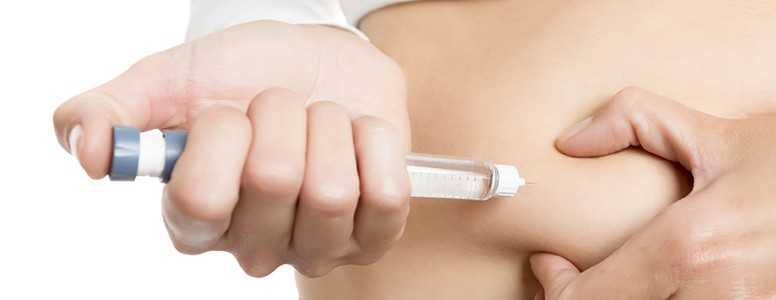A pioneering drug which could help treat type 1 diabetes in the future is being trialled for the very first time.
The “ground-breaking” drug has been given to the first two people by the Clinical Research Facility (CRF) at Cardiff and Vale University Health Board (UHB) in Wales.
The unnamed medication works by stimulating the regrowth of beta cells found in the pancreas which are needed to make insulin. Type 1 diabetes develops when these cells stop producing insulin which is needed to regulate blood sugar levels.
It is hoped that if this drug garners positive results that it could improve the lives of people with type 1 diabetes significantly as they may not need to depend on external insulin as much as they currently do.
Moreover, it is hoped that the new drug will offer new hope to people diagnosed in the future.
At the moment, no major side effects have been reported, but it is too early to tell whether the drug has been effective.
The researchers plan to analyse the results soon, and are hoping to recruit more volunteers so they can test the drug in different types of people.
“Despite everything achieved in diabetes care, advances in prevention haven’t really occurred. More insulin-producing beta cells are needed for those with this form of diabetes and it is estimated that 90% of patients with type 1 diabetes have less than 5% of insulin making cells left,” said Dr Mohammad Alhadj Ali, who is working on the study in Cardiff.
Professor Daya, who is leading the team in Cardiff, said: “The CRF team have made it possible to closely monitor the patients for 72 hours after their dose and I am proud of the team for their commitment in making sure this clinical trial happens as smoothly as possible.”
The first person to receive the dose said: “I’m really grateful that I was given the opportunity to take part in this study. I hope that my participation will help with the management of type 1 diabetes for future generations.”




